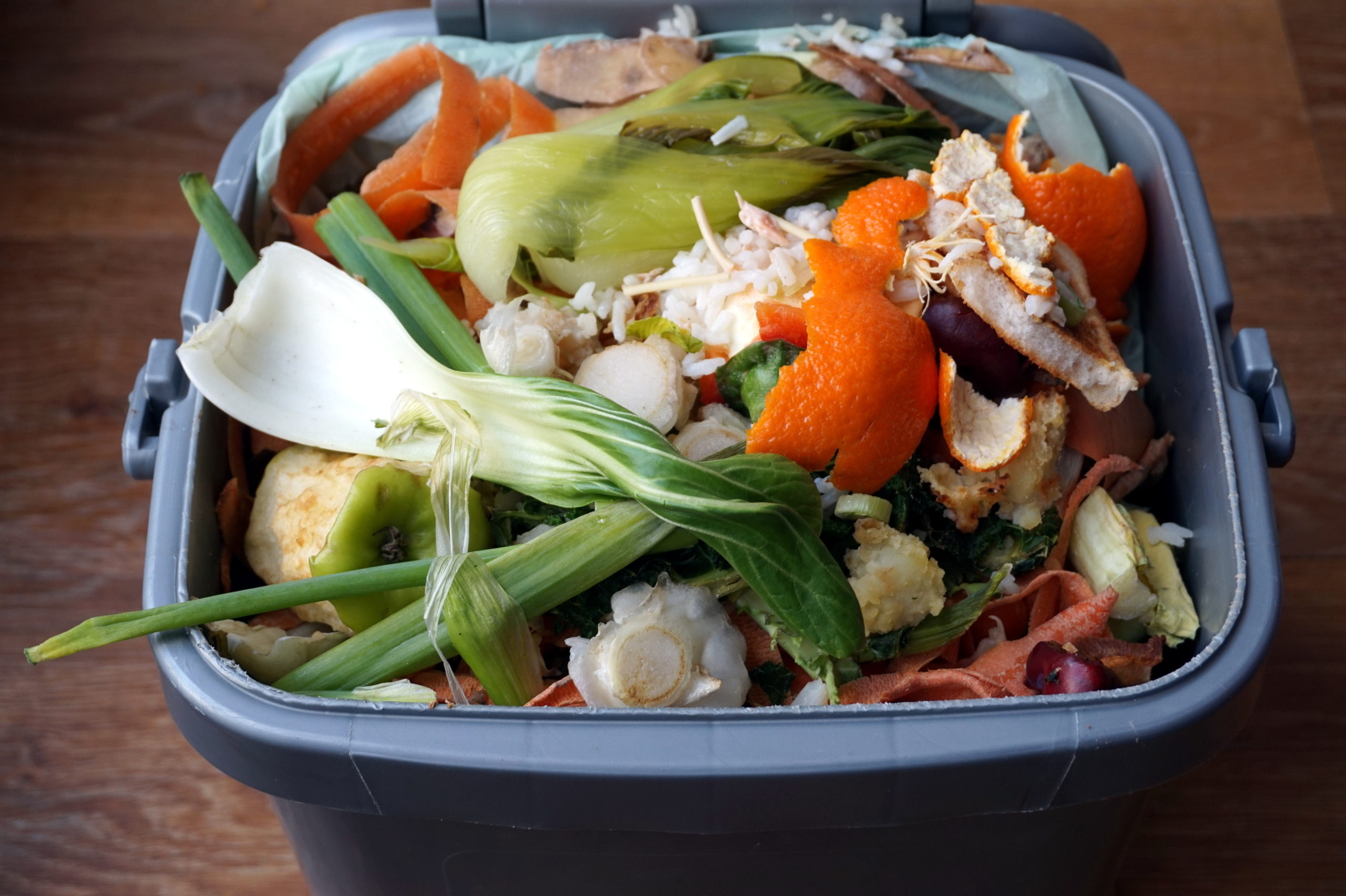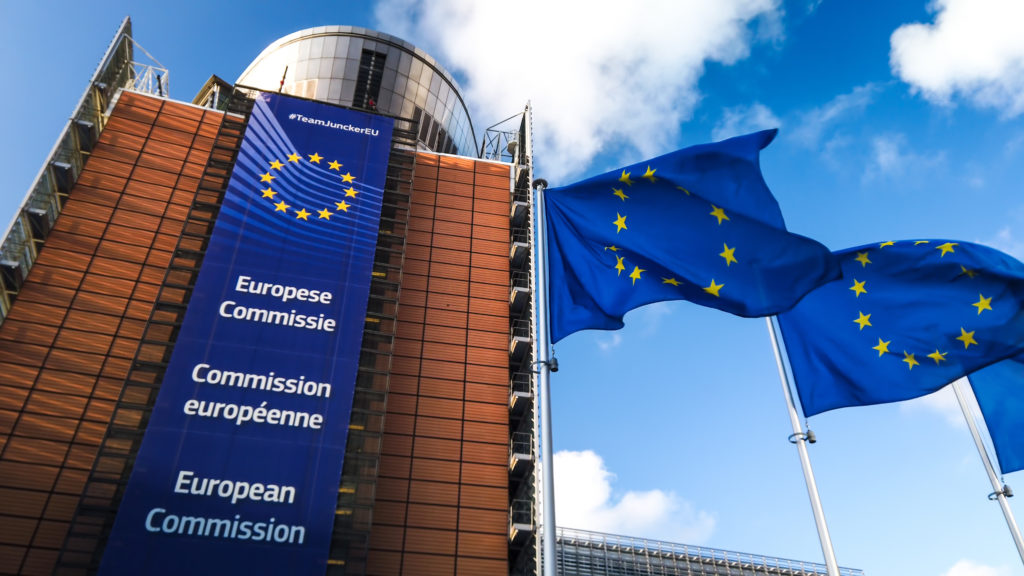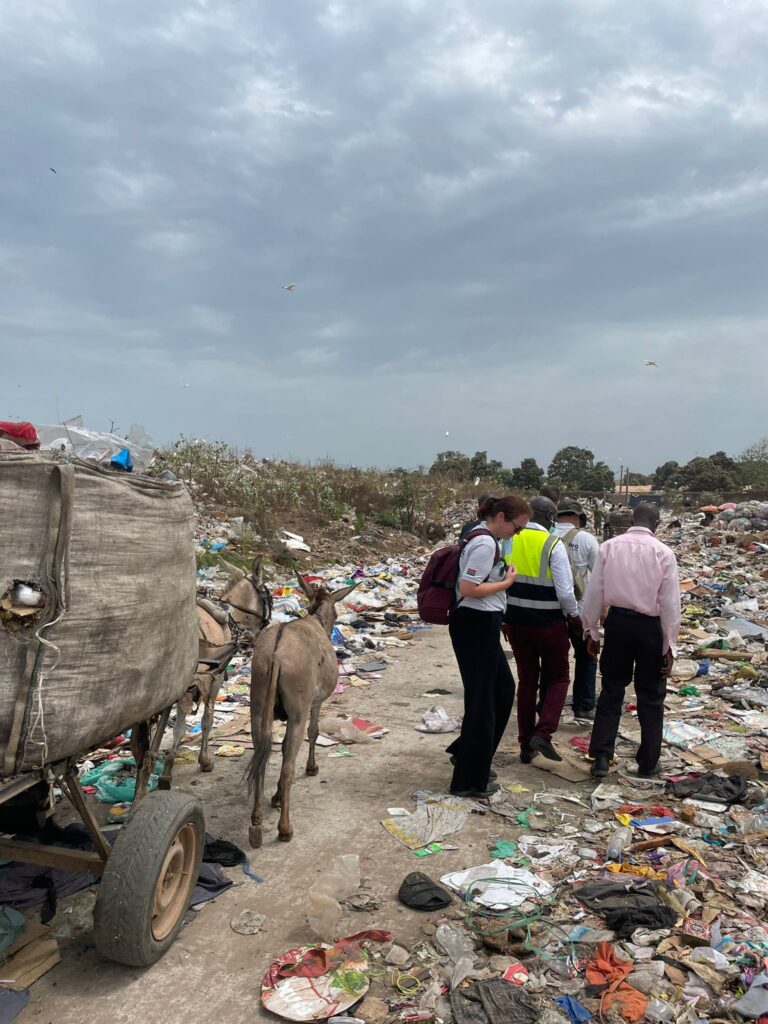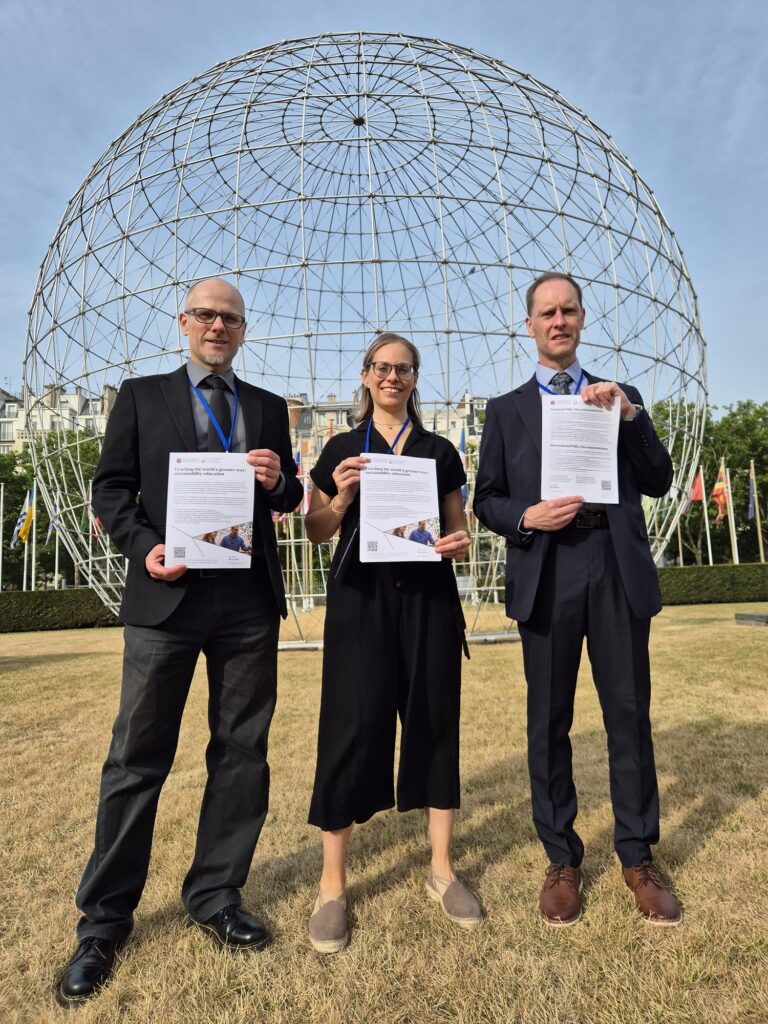The Waste Framework Directive sets out Europe’s fundamental waste management principles, whereby prevention is the preferred option and sending waste to landfill should be the “last resort”.
Though plans are at an early stage, the Commission’s consultation aims to increase “protection” of the environment and public health from the impacts of waste management.
Its specific objectives are to reduce waste generation, increase re-use and improve separate collections to promote preparation for re-use and “quality” recycling.
The revisions will also look to address several ‘review clauses’ in the Directive linked to waste prevention, including prevention of food waste and lubricant waste oils management.
Open for feedback until 16 August, the consultation considers policy objectives set in several EU schemes, including The European Green Deal, the Farm to Fork Strategy and the Circular Economy Action Plan.
UK
A spokesperson for the Northern Irish Department of Agriculture, Environment and Rural Affairs confirmed revisions to the Directive would not apply in the UK following Brexit.
The outcomes of the consultation will not apply in Northern Ireland, nor across the UK
– DAERA spokesperson
They said: “The Waste Framework Directive is not included within the Northern Ireland Protocol and therefore the outcomes of the consultation, such as potential updates to the Waste Framework Directive, will not apply in Northern Ireland, nor across the UK.”
However, UK policymakers are sure to follow the consultation with interest as they look to see how successful the EU’s measures to improve waste reduction and re-use prove.
Food waste
Virginijus Sinkevičius, the European Commission’s commissioner for the environment, oceans and fisheries, said: “To achieve the circular economy and climate neutrality objectives of the European Green Deal, we need to make a stronger effort to avoid generating waste in the first place and to make our waste management sector more performant.

“This is what we want to do with this revision and are working to set for the first time food waste reduction targets.”
Stella Kyriakides, commissioner for health and food safety, added: “Food waste is one of the greatest sources of inefficiency in our food systems. We must step up our efforts to curb such waste.
“By introducing legally binding targets to reduce food waste, we intend to reduce the environmental footprint of food systems and accelerate the EU’s progress towards our global commitment to halve food waste by 2030.”
Waste generation
Total waste generation in the EU is “actually increasing”, according to the consultation.
In 2018, the EU produced an average of 5.2 tonnes of waste per capita, the Commission says, with the construction and mining sector (60%), manufacturing (10%) and household waste (8%) providing significant contributions. Just 38% of this waste was recycled.
Municipal waste amounted to 496kg per capita, of which 48% was recycled. Bio-waste was the largest component (34%), the Commission says, and about 60% of this was food waste.
The Commission also says measures to address specific waste streams such as waste oils and textiles remain “fragmented”. It cites the example of textile consumption in the EU, which it says was “high” at 12.3kg per capita in 2018. The Commission estimates that less than 1% of all textiles worldwide are recycled.
Related link
Public Consultation on the revision of the Waste Framework Directive








Subscribe for free